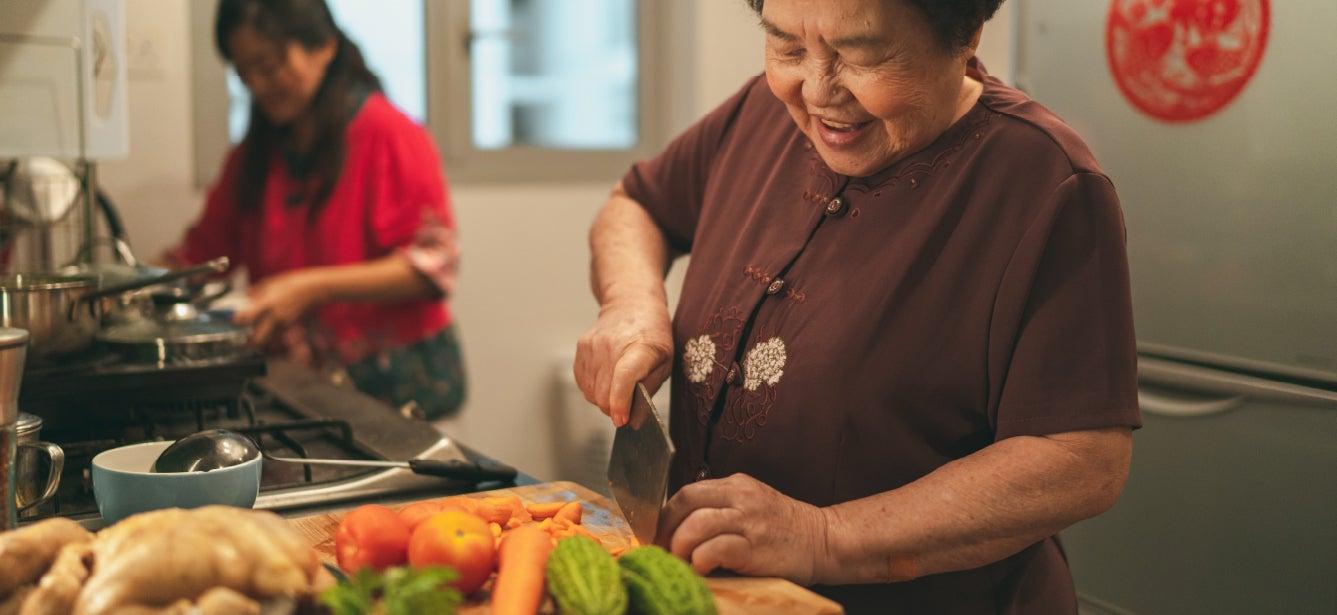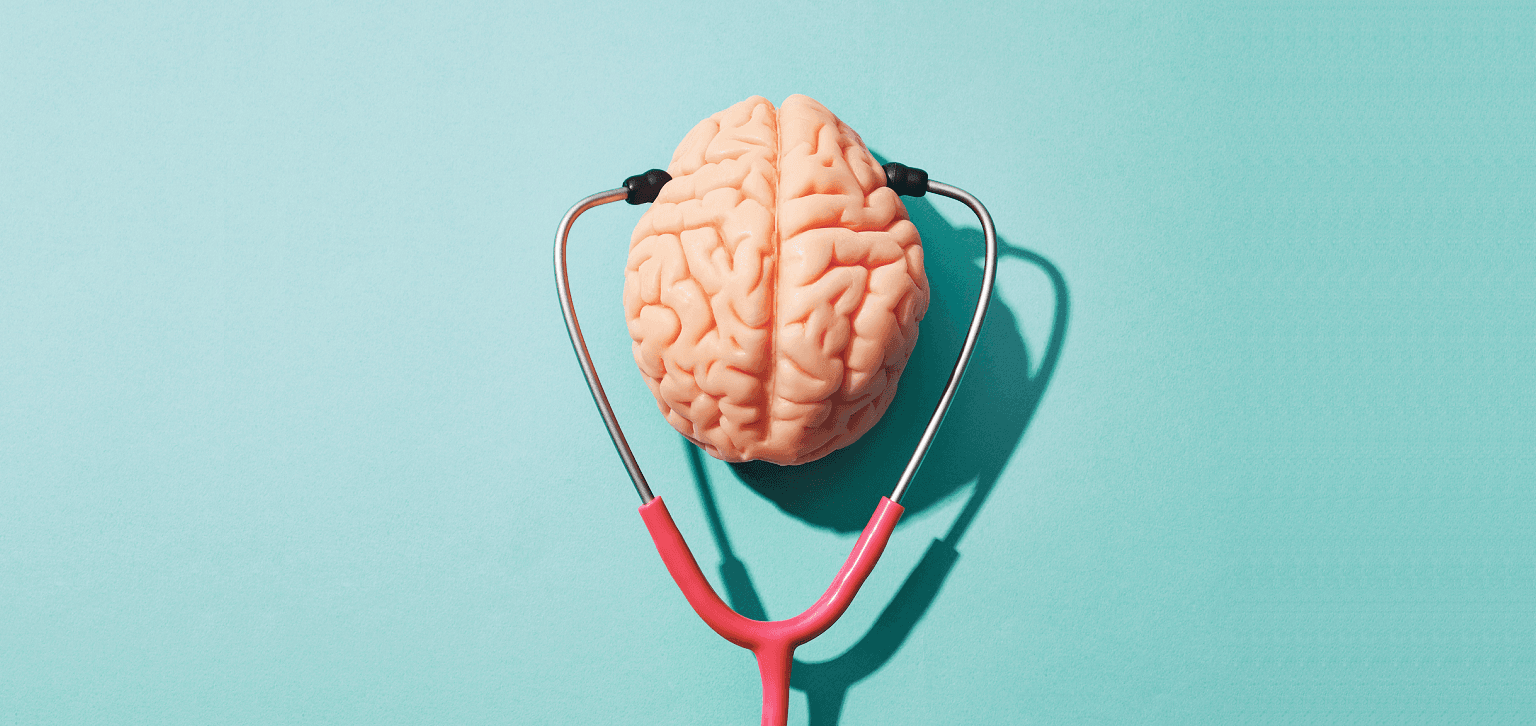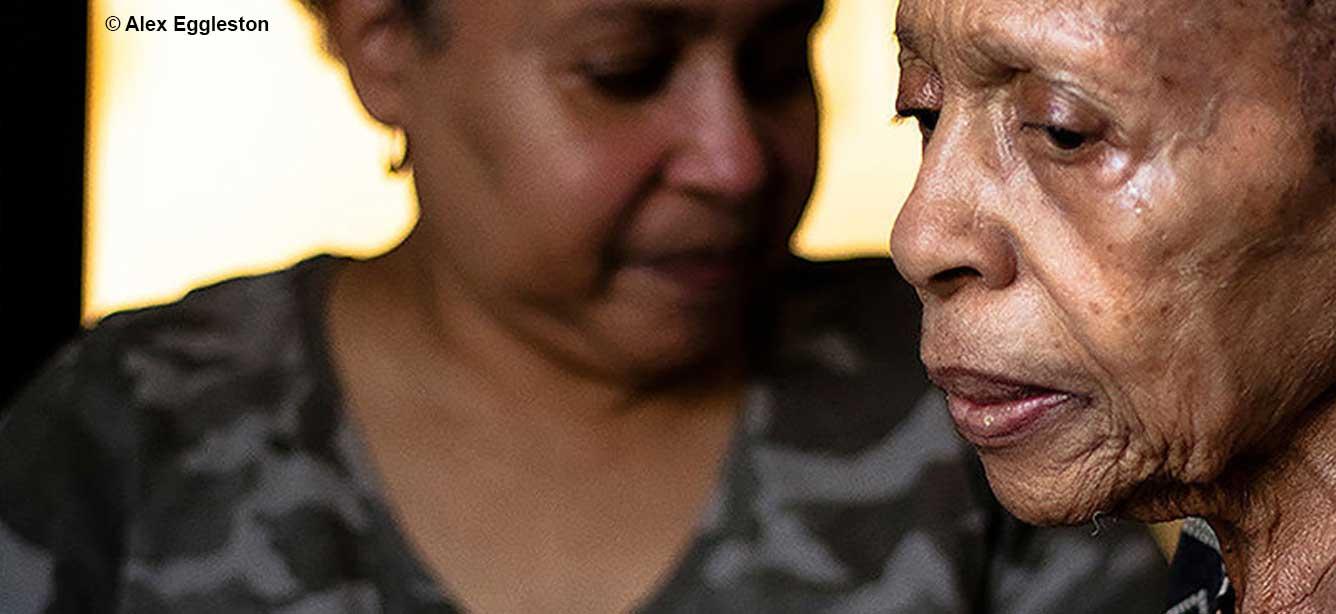
Gratitude is getting a lot of attention these days—and for good reason!
The upsides to expressing gratitude are many. Research has consistently shown that gratitude has a uniquely powerful relationship with our overall happiness, and it can even improve our health.
What is gratitude?
Gratitude encourages us to focus on what is, rather than what is not. It asks us to think carefully about what we have and can be thankful for, rather than what we don’t have (and maybe do not even need). In this way, gratitude is closely associated with mindfulness.
When things are going well in our lives, it can be relatively easy to express gratitude. But what happens when things are not going so well? It’s at these moments when we need gratitude the most.
By practicing gratitude over time, we can learn to notice and appreciate not only the positives, but also develop better attitudes about the negatives—the challenges, losses, and frustrations we all face as we age. Adopting an “attitude of gratitude” means tackling the negative things and challenging ourselves to find ways to be grateful for them.
What are the health benefits of gratitude?
When you embrace a sense of gratitude, this triggers a release of serotonin and dopamine—two chemicals in the human brain that are linked with pleasure and a positive mood. This flood of feel-good chemicals sets the stage for a happier, healthier you.
Specifically, the benefits of gratitude include:
- Improved sleep: Practicing gratitude each day can lower your stress and anxiety levels, which can make it easier to fall (and stay) asleep at night. Focusing on happy thoughts right before bedtime is another way to foster sound, restful slumber.
- Reduced depression: There's a growing body of evidence that gratitude can improve symptoms of depression and help people feel more optimistic about their lives and future. Shifting your focus to the positive aspects of your life (such as a loving partner or a job you enjoy) can strengthen your emotional resilience in the face of challenges.
- Less stress and anxiety: You know that "fight or flight" feeling when your heart is beating fast and your muscles are tense? Expressing gratitude can help calm your overactive nervous system by reducing your heart rate and blood pressure and slowing your breathing.
- Enhanced self-esteem: When you look at the life you’ve built and all you’ve accomplished over the years—instead of focusing on where you’ve fallen short—it can help boost your confidence and self-worth. Being thankful for the relationships you have can help you realize the important role you play in the lives of others.
- Better heart health: According to the American Heart Association, incorporating gratitude into our daily routine can lower our blood pressure—a vital part of protecting our heart health as we age. It can also improve the body's ability to fight off illness.
How can I practice gratitude in my daily life?
Cultivating an attitude of gratitude isn't difficult, but it does require a commitment of time and effort. The best way to practice gratitude is to build it into your daily routine, just like brushing your teeth.
Some tips on how to incorporate gratitude:
- “I ask myself every morning, ‘What am I grateful for today?’”
- “I send thank-you cards to old friends, family, and acquaintances. This weekend, I'll write thank-you cards to my health care providers to say ‘thanks’ for their care this year.”
- “I write down and then say out loud what I am grateful for.”
You might also consider keeping a gratitude journal. Choose a notebook or digital platform where you can record your thoughts. Each day, set aside a few minutes to reflect on what you're thankful for. Write down at least three specific things, whether big or small, that brought you joy or comfort that day. Over time, this practice not only shifts your mindset to focus on the positive, but also helps you recognize and celebrate the good in your life more easily.
Remember, consistency is key! As you can see, there is no one-size-fits-all approach, but practice does make perfect.
Appreciating the world around us, from the moment we wake up until the moment we go to sleep, is a skill to be learned and incorporated into daily living. It is the starting point of aging both masterfully and gracefully.




